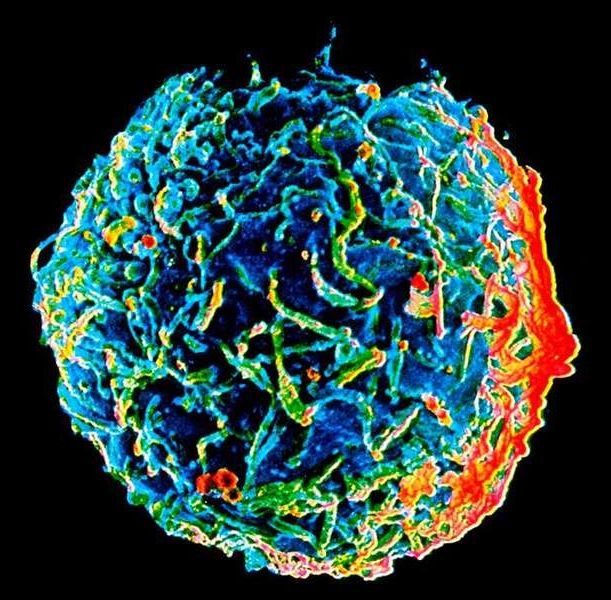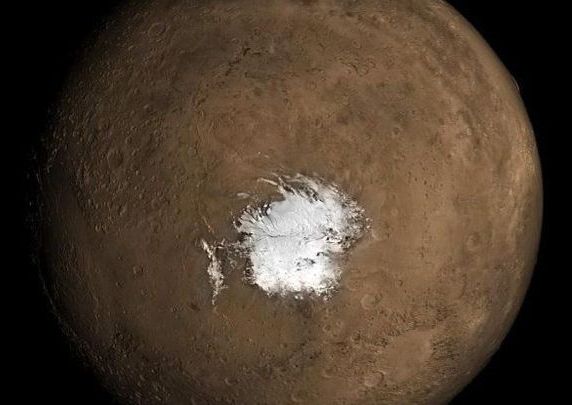Feb 14, 2019
Pregnant Women Are Being Targeted by Antivax Ads Online During a Measles Outbreak
Posted by Quinn Sena in category: biotech/medical
Facebook is aggressively being used by anti-vaccination advocates to target pregnant women with sponsored advertisements to spread false information and conspiracy theories as the US battles a climbing measles outbreak.
A sponsored ad found by Quartz journalist Jeremy Merrill shows the anti-vaccination organisation Stop Mandatory Vaccination targeting women ages 20 to 60 who have expressed interest in pregnancy living in the state of Washington – where the governor recently declared a state of emergency over the measles outbreak.
Nearly 50 children and young adults in Clark County, Washington have become sickened by the disease since January.


















